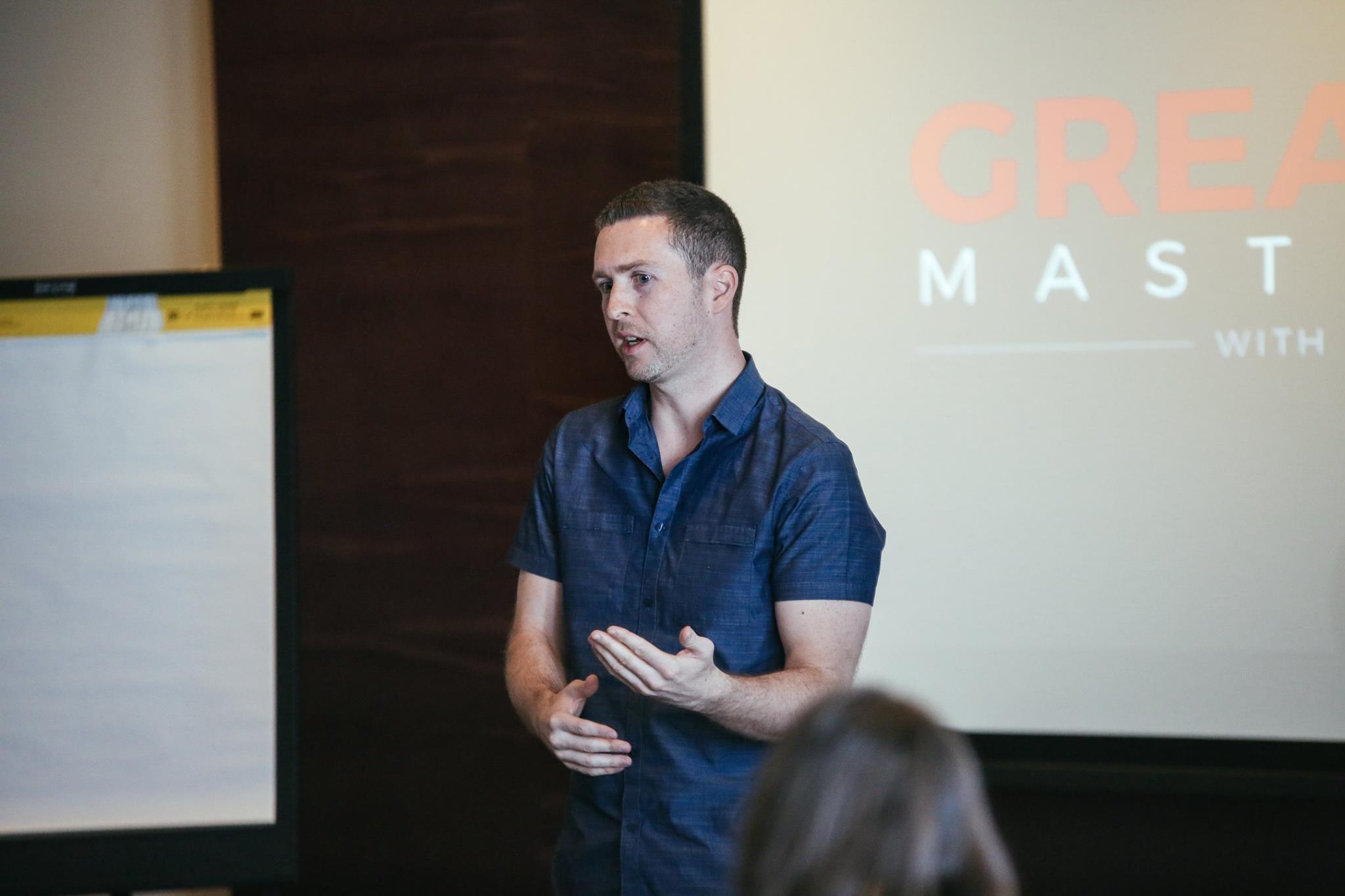Becoming an influencer online has gone from being an elusive and misunderstood art (remember YouTuber’s back in the mid-2000s?) to practically a prerequisite for success. From local scenesters to global celebrities, having a strong online presence is an essential piece of the puzzle for not only keeping people engaged, but proving your own credibility. After all, the first place anyone is going to go for more information on you is the Internet.
With the rampant rise of social media and the sudden importance of online influence, a select few have made names for themselves in not only being able to help others build and amplify their thought leadership, but build personal brands for themselves.
One of those leading voices? Inc 500 entrepreneur and CEO of Influencive, Brian D. Evans.
When it comes to building influence on the Internet, few know the landscape like Evans. A combination of his experience in building both a successful digital agency as well as a wildly popular online publication, the third piece of the puzzle is his forward-thinking perspective in the value of business leaders to have a strong personal brand. Not many CEOs can say that while running one company and build another, they are simultaneously investing heavily in building their own thought leadership. But Evans is—and as a fellow influencer, personal branding consultant, and content writer, I believe it’s going to pay off heavily for him in the long run.
When I asked Evans why he is going all-in on building his personal brand, he shared some poignant advice for others looking to do the same:
“People relate to people,” he said. “We now live in a world where what intrigues people about a successful company isn’t just the company itself, but the visionaries behind it. They want to know who they are, what their daily routines are, what questions they ask, what failures they’ve experienced and how they’ve overcome them. They want to learn from the people who built that company. And there is huge value in giving back and sharing your knowledge as a business leader. I believe it’s what creates long-term success. What happens if your company fails? Everyone only knew the company. But if people know you and who you are, and your vision and what you believe in and stand for, then they’ll follow you wherever you go—because you’re providing them significant value along the way.”
However, standing out is tough work. A lot of business leaders like to “drink their own Kool-Aid,” so to speak. And what ends up happening is they treat their content like a press release, instead of thinking hard about how they can teach, empower, and provide value to others looking to walk a similar path.
“Building a personal brand and establishing yourself as a thought leader really isn’t about self-promotion,” said Evans. “Sure, there’s absolutely an element of credibility that needs to be present, but it’s really about teaching people. Giving them something new to think about, or helping them overcome the challenges they are facing. The Internet is an open playing field. If you can help enough people, you will rise to the top. And conversely, you could be uber successful in your own right, but if you don’t know how to add value to people’s lives, nobody is going to read your content, nobody is going to follow you. It’s a competition for who can give the most, really.”
I share a similar perspective as Evans. Everyone wants to have an audience, everyone wants to be a digital influencer, but what comes with the territory is putting yourself aside for a moment and focusing solely on giving back to others.
“I do a lot of consulting now on people’s personal brands, helping them build an audience and establish themselves as thought leaders, and the number one thing I run into is people not wanting to ‘give it all away for free.’ They think they need to protect what they know. That’s where I have to remind them that any question someone could possibly have can be answered online in a matter of seconds. People don’t buy into a personal brand just for the information. They buy into the person, the source of the knowledge. They buy into the story, the journey of how they learned whatever it is they’re sharing. And in order for them to understand that story, that means you, the thought leader, have to share it—otherwise they’ll never know. You have to teach people, but you also have to be honest. You have to let them know how you learned those things, even if the story isn’t all that pretty. That’s what people want to hear, and ultimately need to hear,” said Evans.
Wise words, and the very perspective that has established Evans as a go-to resource for personal branding. It’s the reason why he decided to build an entire publication, Influencive, around this idea of building influence.
This is a Contributor Post. Opinions expressed here are opinions of the Contributor. Influencive does not endorse or review brands mentioned; does not and cannot investigate relationships with brands, products, and people mentioned and is up to the Contributor to disclose. Contributors, amongst other accounts and articles may be professional fee-based.

